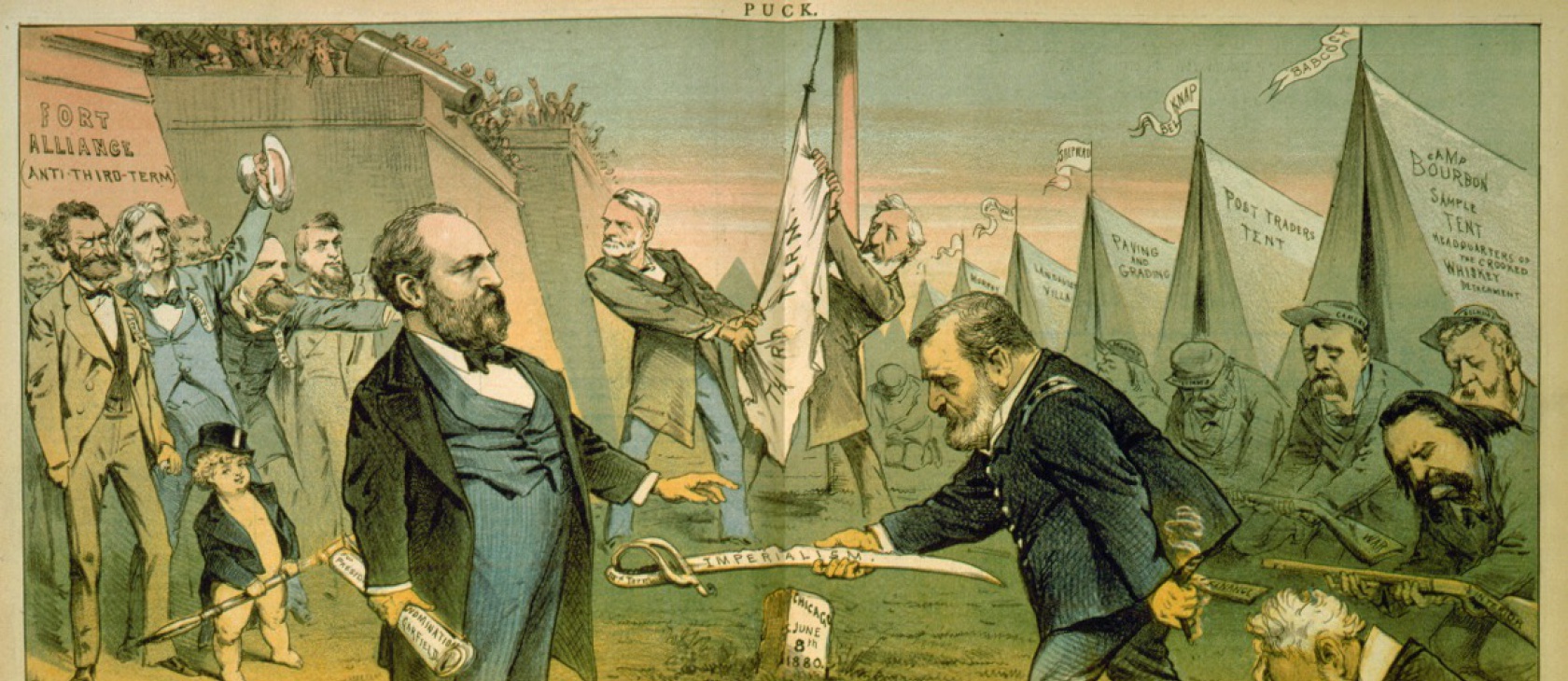The life of President James Garfield, one of the nation’s forgotten presidents, exemplifies the transformational power of hard work, classical scholarship, and sound economics. James Abram Garfield was born on November 19, 1831, in Cuyahoga County, Ohio. His father, Abram, died fighting a fire that threatened their farm when James was a toddler. Although Abram’s widow, Eliza, raised their children in poverty, James’ genius shone so early that she insisted he focus on his studies.
Garfield paid for tuition at the Western Reserve Eclectic Institute by working as a janitor, performing manual labor in front of his classmates. Yet he soon won a post teaching Greek, Latin, and classical literature, and at age 25, became the school’s president. He also served as an ordained minister of the Disciples of Christ.
Although he lacked any military training, Garfield commanded his troops to victory in the Civil War, becoming a major general. His district elected him to the U.S. House of Representatives in 1862, but he refused to take his seat until December 1863, when President Lincoln convinced Garfield he would be of greater service in Congress. Garfield’s eloquent orations soon made him his party’s unofficial spokesman.
Because of his humble origins, he believed every person should be free to pursue his potential. “I never meet a ragged boy in the street without feeling that I may owe him a salute, for I know not what possibilities may be buttoned up under his coat,” he said. He felt, for anyone who possessed “the magnificent possibilities of life, it is not fitting that he should be permanently commanded. He should be a commander.”
The Republican passionately embraced abolitionism and supported the Reconstruction Amendments to the Constitution. He said emancipation “from slavery to the full rights of citizenship” obviously had a “beneficent effect upon our institutions and people.” In the 1880 campaign, he told a visiting black delegation, “I would rather be with you defeated than against you and victorious.”
As part of the House Appropriations Committee, Garfield turned his keen mind to mastering economics. He supported the gold standard and opposed attempts to inflate the currency through the coinage of silver or printing Greenbacks. “Any party which commits itself to paper money will go down amid the general disaster,” he said. Garfield became the rare Republican who favored lowering tariffs to benefit consumers. He also voted against federal relief projects that lacked constitutional authorization.
Garfield’s speech at the 1880 Republican National Convention on behalf of another candidate so captivated the delegates that they nominated Garfield, over his objections. Horatio Alger wrote his campaign biography. Frederick Douglass said in his endorsement speech the congressman’s inspirational story “has shown us how it is possible for an American to rise.”
Garfield promised to unite his country, keep the economy sound, and remove all artificial barriers to prosperity. His greatest nemeses would be those who sought power for personal enrichment. Senator Roscoe Conkling of New York, the leader of the Stalwarts, favored the patronage system. So, too, did a mentally disturbed fanatic named Charles Guiteau, who shot Garfield in the back, twice, on July 2, 1881.
Garfield would linger between life and death, succumbing to an infection caused by antiquated medical techniques on September 19, 1881. The twentieth president died without enacting his generous vision for his country and has slipped from historical memory. Yet he served, and serves, as a beacon of hope that anyone with the proper talent and ambition can ascend to the greatest pinnacles of power – and open the door for others to follow.




